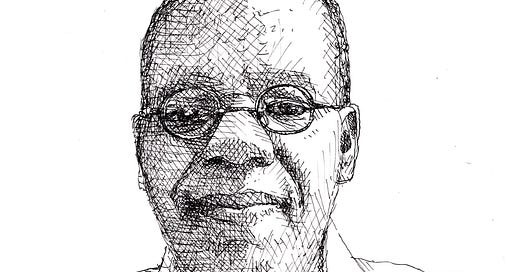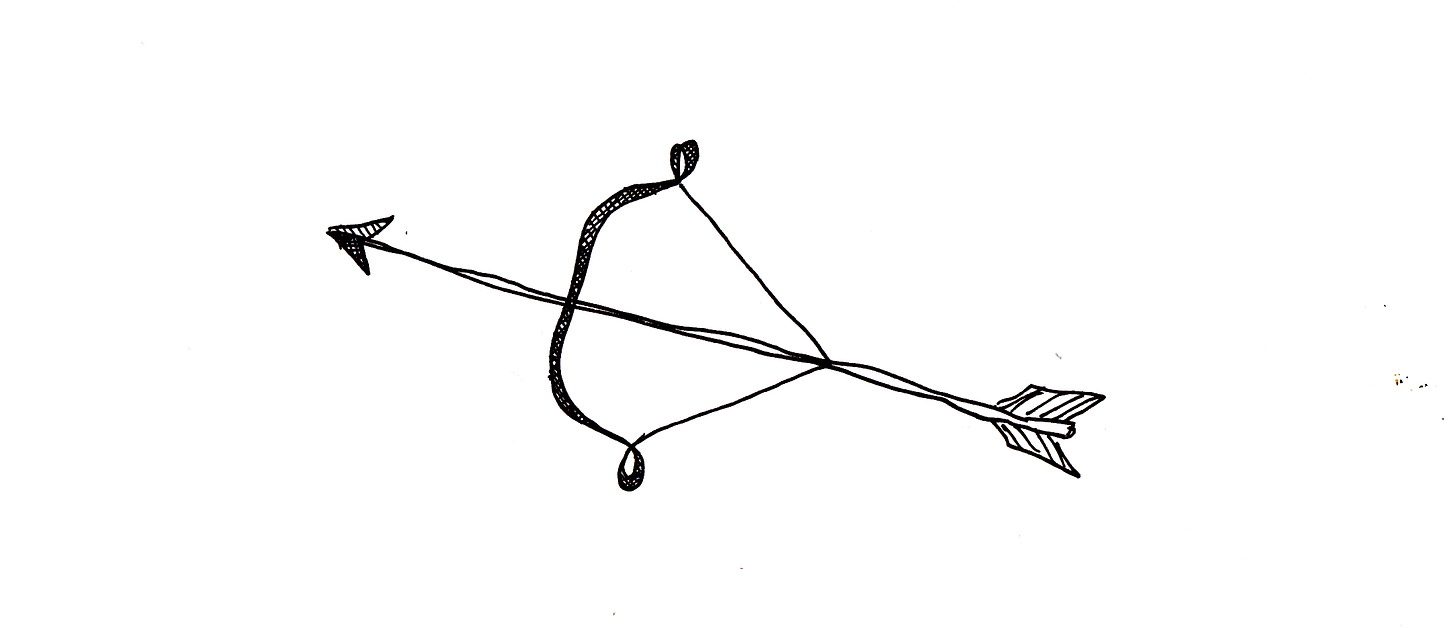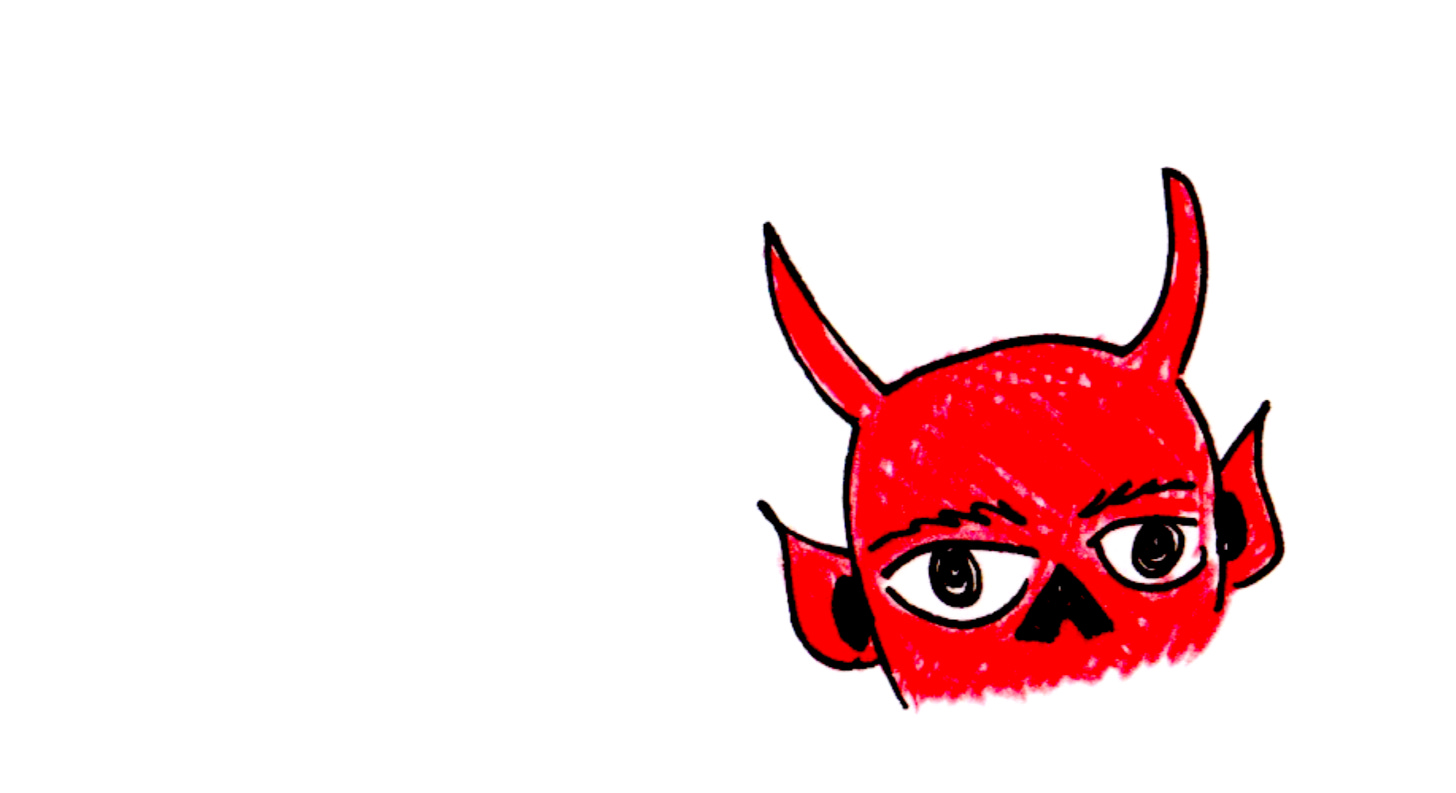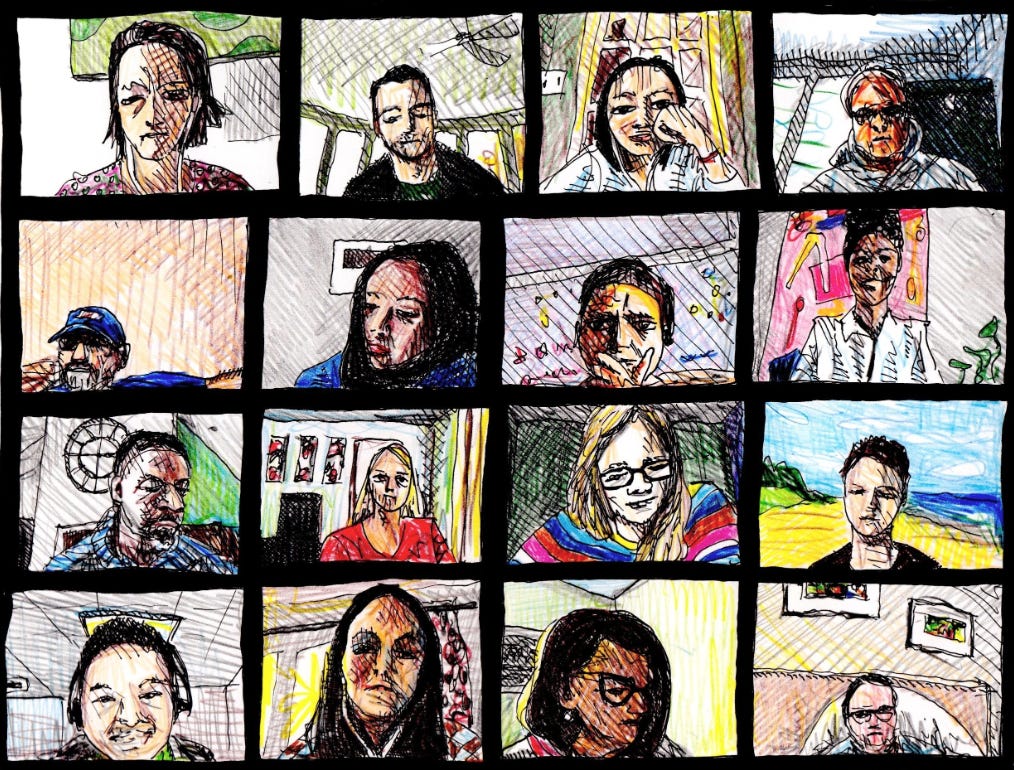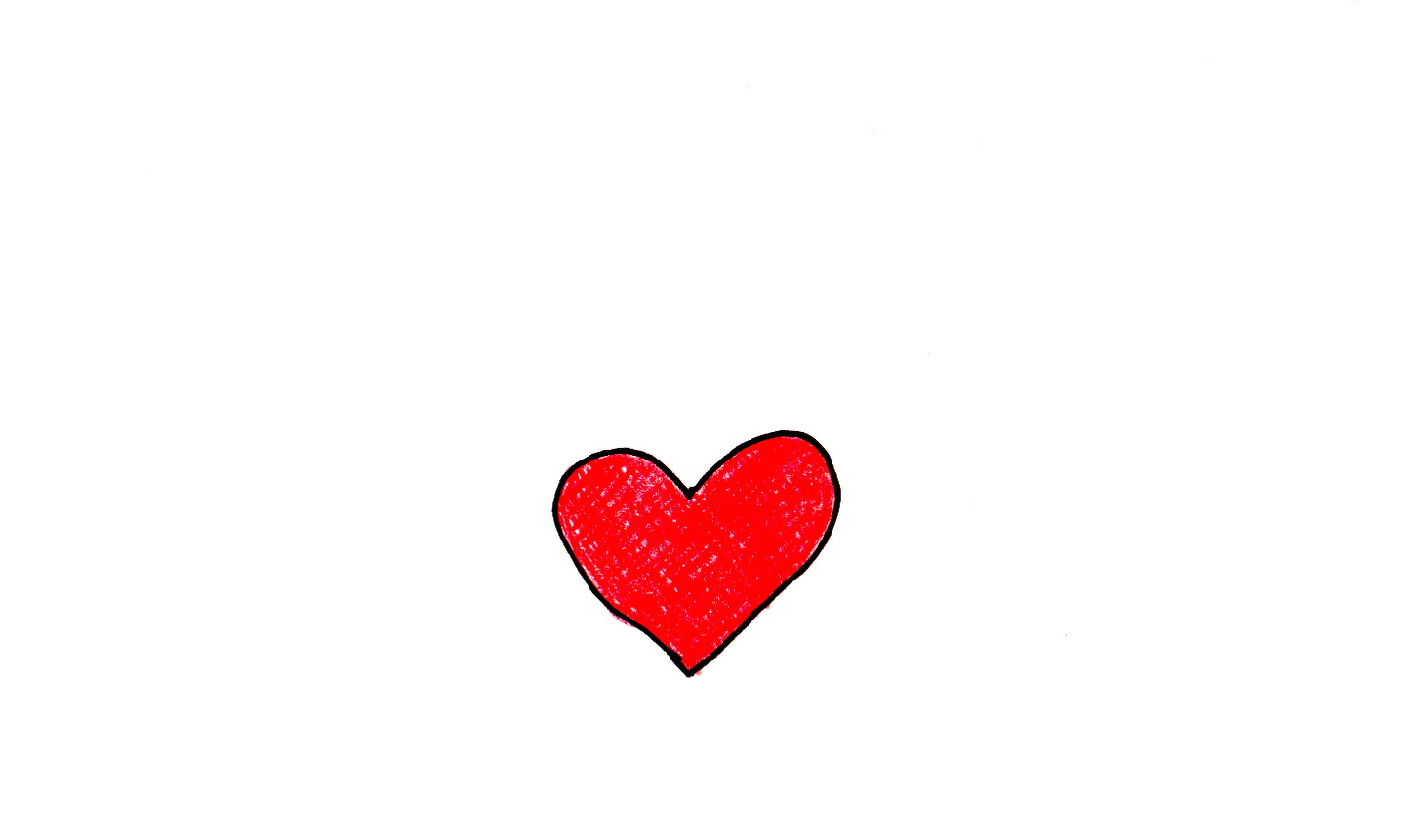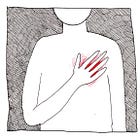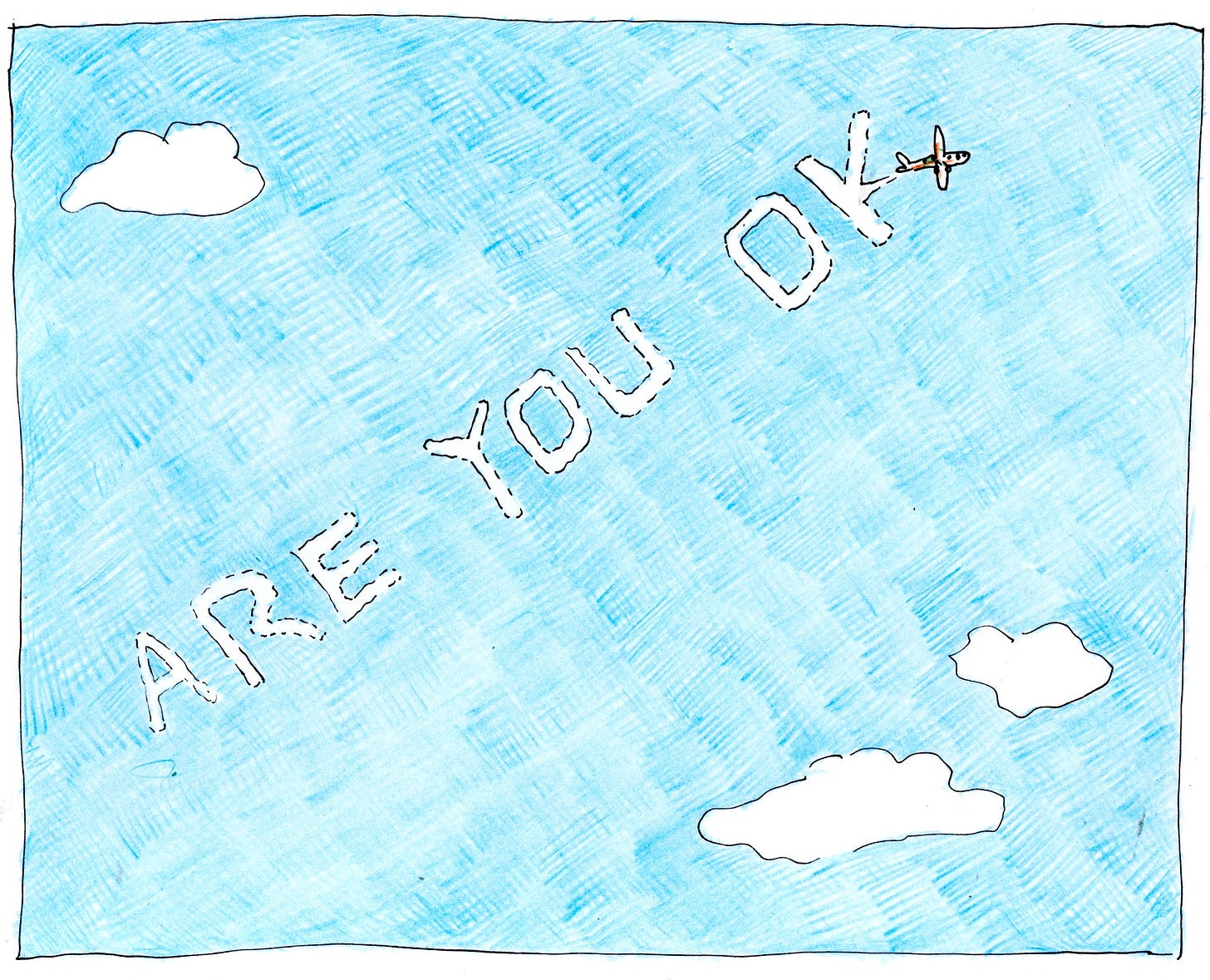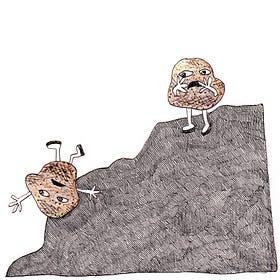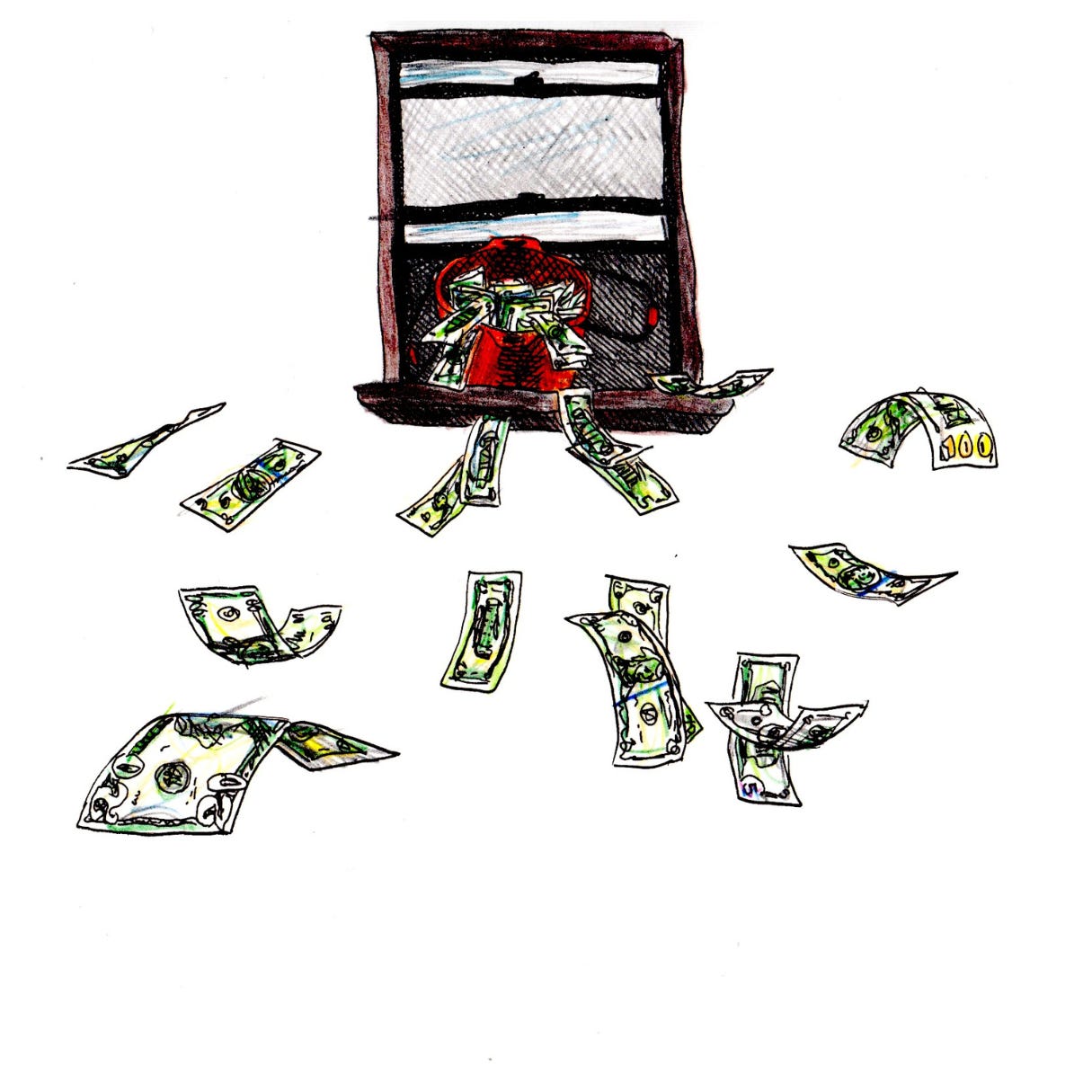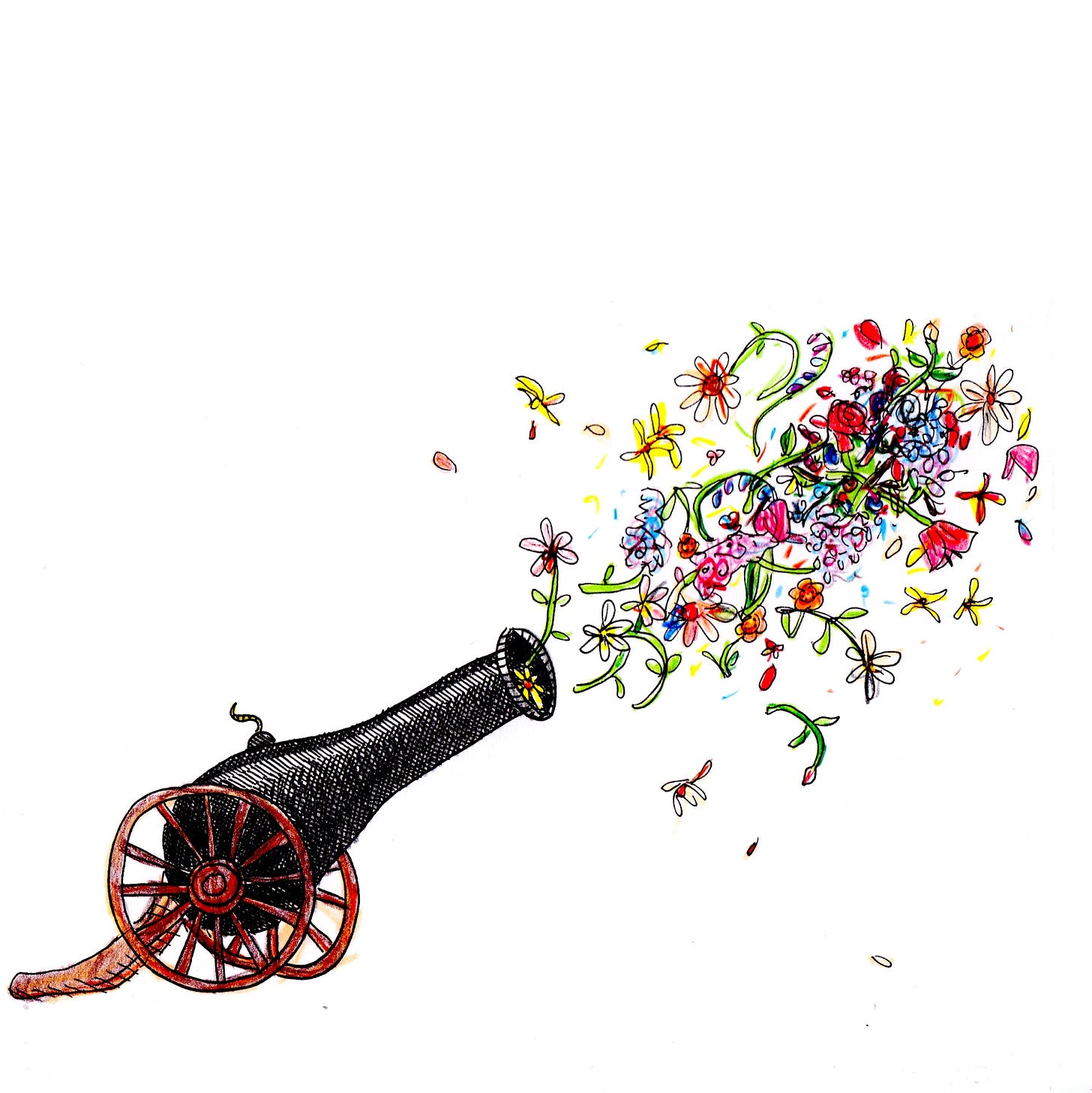On Fridays, we remix and rerun old TSB issues. This is a 2021 interview with Jayson Blair, a former New York Times reporter who plagiarized or fabricated dozens of stories in the short time he was there. The scandal did serious damage to the paper’s credibility but peramently altered Jayson’s life. He left journalism, prioritized his mental health and is now a life coach in Centreville, Virginia. I think about this interview often, and I think you will, too. I’m grateful for Jayson’s willingness to help us out.
Please consider a paid subscription if you like what we do.
When Jayson Blair was caught plagiarizing several stories and straight-up fictionalizing and fabricating several more, it was obvious that his journalism career was over. The ensuing scandal resulted in a complete upending of the Times' editorial leadership. Both editor-in-chief Howell Raines and managing editor Gerald Boyd were fired.
It was a catastrophic mess to clean up, especially for the 400 reporters and editors tasked with rescuing the paper's credibility:
"Glenn Kramon, who was the business editor at the time and helped in the paper's exhaustive investigation of Mr. Blair's wrongdoings, remembers just how brutal that period was: "I didn't realize how bad things had become until the P.R. guy from Enron called to tell us to hang in there."
Jayson quickly and foolishly parlayed his experience into a book deal less than a year after the paper had to print a FOURTEEN-THOUSAND-WORD correction written by a troop of dogged, pissed-off Times reporters from different sections.
Blair poked his head out a year later, scored a book deal, and went on an ill-conceived press tour to try to sell the thing. The shamelessly titled Burning Down My Masters' House received massive coverage, most of which was harsh and hostile. (Katie Couric was outwardly disgusted.)
His book revealed his history with mental illness and addiction and how both were severely tested during that period. A brief return to crack was an option, he wrote. Suicide, too. Yet, none of these revelations generated much sympathy or compassion, and it appeared that those confessions were another way for him to shift the blame. Besides – how could anyone believe a word he wrote? These were valid criticisms.
But despite the dizzying amount of lies he perpetrated, several friends and colleagues still watched over him. One of them was David Carr.
*****
I've written about Carr's "Night of the Gun" many times in this newsletter and its significant impact on my own sobriety, especially when it came to A.A. For anyone not familiar with the book, Carr was a beloved media reporter for the New York Times who wrote a recovery memoir about his harrowing spiral into crack addiction that cost him his family and a promising journalism career many times over. The trick of Carr's memoir is that he fully reports the details of the chaos: he interviews former friends, employers, girlfriends, plus family members to fact-check his own muddled memory. Rigorous honesty requires rigorous reporting.
And there's an entire chapter devoted to Jayson Blair. Carr was one of the great ambassadors of the New York Times, so he was furious by what Jayson had done. But he didn't drop him:
"When it became clear a massive con was underway, I was dumbfounded. On the day he left, Gerald, the managing editor, was less worried about Jayson the journalist and more concerned about what might happen to Jayson the human being. He sent me out to look for him. I found him just down Forty-third Street with his friend Zuza. I was worried he might do himself harm and/or tip back or into crack. It was an emotional moment. Part of me wanted to strangle him for lying, lying to me about lying, but there was plenty of that to go around, so I thought I should show compassion."
Soon after that encounter, Jayson checked into Silver Hill Hospital in New Canaan, Connecticut. After he left Silver Hill, he went back home to Virginia and started a support group for people with bipolar disorder. Jayson the human stayed sober, got medicated, and became a certified life coach. "It was the thing that needed to happen for me to get the help I needed," he said.
*****
We had a brief interview on Zoom, during which I opened up to Jayson the counselor about my troubles with self-forgiveness, not with my public shit—all the rest of my shit. I told him that some days I wake up and, with the harshest of clarity, remember another terrible, dumbfounding way I hurt someone.
And then I told Jayson that sometimes I believe sobriety isn't a gift but a curse.
Jayson, the (disgraced) journalist, struggled with some of those feelings, especially when he was in the center of his own public shit. He told me as he began to get back into 12-step programs, he was uncomfortable in meetings, especially some of the Manhattan ones where he was bound to be recognized. But he went to one meeting in the less popular side of town, where a woman encouraged him to share. He told her he was a little nervous because of This Huge Public Thing he was too ashamed to talk about. The woman assured him that whatever bad thing he'd done, this was a room full of people who had done much worse.
"There are murderers here," she said.
So Jayson the human went easier on himself.
I gave Jayson the counselor in recovery some follow-up email questions Those answers are below. – AJD
Stay Clear of the Rocks
An interview with Jayson Blair.
******
TSB: I wake up some mornings with a new sense of dread because I remember how awful I treated someone. What should people (like me) who feel crippled by regret do to move forward?
JB: This, too, shall pass.
You, like everyone, are no more flawed than anyone else. The fact that some of your flaws are publicly known doesn’t change the fact that you are just another human, doing that very human thing of making mistakes, hopefully learning from them, and trying to make your way home.
Loretta Ross, a professor at Smith College, likes to talk about how we should spend more time “calling people in” instead of “calling people out.” I think calling people out damages healing – no one learns from it and no one heals from it. It often leaves one side dejected and the other side just as angry as they were before. You can’t change the fact that some people find some sense of satisfaction in canceling people – but you are in control over whether you allow it to define you.
With all this sobriety and clarity in the 16 years since your dismissal from the Times, what have you discovered about yourself?
I think the biggest thing that I have learned in the past 16 years has been humility. I think learning about my infallibility has reduced my arrogance and increased my compassion. Another important lesson has been about resilience. Having at least some setbacks in life is unavoidable and potential pitfalls are everywhere. I have learned that trying to avoid them is the best option, however, the ability to bounce back is what allows us to grow from our hardships.
The thing about David Carr was that he had a magical ability to create that bond with almost anyone. His humility, insight into himself, ability to connect with others, and lack of judgment were a sight to be seen.
Knowing what you know now, would you have written that book so soon after the scandal? Would you have done so many interviews?
Sure wouldn’t have.
I love to tell the story of visiting the class of Bill Adair, a journalist, and professor at Duke University’s Sanford School of Public Policy. It was my second or third year talking to his class and Bill had asked me for a copy of the book. Last year, he shared the inscription with his class, and it said something along the lines of “Bill – Don’t read this.”
There is something to be said for taking time to reflect. I don’t beat myself up too much for it because there is something also to be said for being able to eat. It is a delicate balance, but all things considered, if I had it back, I probably would have found another way to eat.
What does life coaching even mean? And how do you incorporate your own experiences into that?
A great way to understand life coaching is to contrast it with psychotherapy. While psychotherapy looks back at your history and figures out who you are, how you came to be the person you now are, and how you can move forward, coaching starts with where you are and where you want to go. It is essentially a partnership – less of the power dynamic required for therapeutic healing – to get your life where you want it to be.
Tell me about your relationship with David Carr.
I think the dynamic between David and I was the type of bond that builds between two real humans just trying to do the best we can with what we’ve got, as the saying goes. David came into my life at the perfect moment, when I was on the way down, and he was among those people who bridged the gap and kept me from falling. Over the years, I hope I could return the favor to David before he died in 2015. The thing about David was that he had a magical ability to create that bond with almost anyone. His humility, insight into himself, ability to connect with others, and lack of judgment were a sight to be seen. The world is in awe of his journalism – and, no doubt, it was good – but David Carr, the person, was always most amazing to me. I will always appreciate the fact that, as Quinn told Carrie in “Homeland,” he was one of my lights in the headlands, steering me clear of the rocks.
****
Jayson Blair helps people full-time now and works at Goosecreek Consulting.
This is The Small Bow newsletter. It is mainly written and edited by A.J. Daulerio. And Edith Zimmerman always illustrates it. We send it out every Tuesday and Friday.
You can also get a Sunday issue for $7 a month or $60 per year. The Sunday issue is a recovery bonanza full of gratitude lists, a study guide to my daily recovery routines, a poem I like, the TSB Spotify playlist, and more exclusive essays. You also get commenting privileges!
If you already have too many newsletters in your inbox but would still like to help our publication succeed, you can make a one-time or monthly donation by pressing this button.
Or if you like someone an awful lot, you can give them a subscription.
Thank you so much for your support!
ZOOM MEETING SCHEDULE
Monday: 5:30 p.m. PT/ 8:30 p.m ET
Wednesday: 10 a.m. PT/1 p.m. ET
* Wednesday Night: 4 p.m. PT/7 p.m. ET (Ten-minute meditation followed by 50 minutes of sharing.)
*Thursday: (Women and non-binary meeting) 10 a.m. PT/1 p.m. ET
Friday: 10 a.m. PT/1 p.m. ET
Saturday: Mental Health Focus (Peer support for bipolar/anxiety/depression) 9:30 a.m. PT/12:30 p.m. ET
Sunday: (Mental Health and Sobriety Support Group) 1:00 p.m PT/4 p.m. ET
*****
If you don't feel comfortable calling yourself an "alcoholic," that's fine. If you have issues with sex, food, drugs, DEBT, codependency, love, loneliness, depression, come on in. Newcomers are especially welcome.
FORMAT: CROSSTALK, TOPIC MEETING
We're there for an hour, sometimes more. We'd love to have you.
Meeting ID: 874 2568 6609
PASSWORD TO ZOOM: nickfoles
* New meeting for 2024
If you’re struggling, we’d like to offer a free recovery plan consultation from Joe Schrank, our in-house intervventionist and social worker. This can either be for you or a friend/family member. It’s good to have options.
Email me here.
ajd@thesmallbow.com SUBJECT: I’d Like to Talk to Joe
Here’s more info about it:
Would you like to be a part of March’s Check-In?
Remember, anyone who contributes will get a Free Month of TSB Sundays. I appreciate you and all you bring to us.
Here’s an example:
“I recently had a relapse — not so bad, all things considered, only about a week-ish of secret blackout drinking before I pulled myself out of it, and then another week of detoxing the ethanol and shame. Now I'm facing a to-do list that still has all the stuff from two weeks ago, plus all the other stuff that's accumulated since. I missed the deadline on something important to me and ignored a time-sensitive email that could have resulted in a really good work assignment. Still, like an amnesiac, when I diligently copied all the old tasks in my planner yesterday, I was like, "What happened? Why didn't I do any of this stuff?" Someday, I hope the answer will be so evident that I will no longer have to ask the question.”
EMAIL ME HERE: ajd@thesmallbow.com subject DECEMBER CHECK-IN
It will be published on the first Tuesday of February.
We also donate $25 to the Katal Center each month on behalf of TSB.
MOST RECENT CHECK-IN:
Everything Came Together the Minute Before It All Fell Apart
A POEM ON THE WAY OUT:
The State of the Economy
by Louis Jenkins
***********************
There might be some change on top of the dresser at the
back, and we should check the washer and the dryer. Check
under the floor mats of the car. The couch cushions. I have
some books and CDs I could sell, and there are a couple big
bags of aluminum cans in the basement, only trouble is that
there isn’t enough gas in the car to get around the block. I’m
expecting a check sometime next week, which, if we are careful,
will get us through to payday. In the meantime with your one—
dollar rebate check and a few coins we have enough to walk to
the store and buy a quart of milk and a newspaper. On second
thought, forget the newspaper.
ALL ILLUSTRATIONS BY EDITH ZIMMERMAN
But if you really hate subscriptions but love what we do, you can throw us $30 without all the extra emails to read. You’re the best. Thanks for your kindness and support!


